Before your trip, learn about the unique local traditions and customs of the destination you will visit and discover them when you get there. Take time to listen to stories from local people and take part in authentic local experiences.


Consume wisely and buy consciously by supporting local businesses, services, artisans and markets.
Collect and recycle your waste, prefer the use of reusable items (bags, bottles, etc.), limit water and energy consumption, avoid food waste and consume wisely.
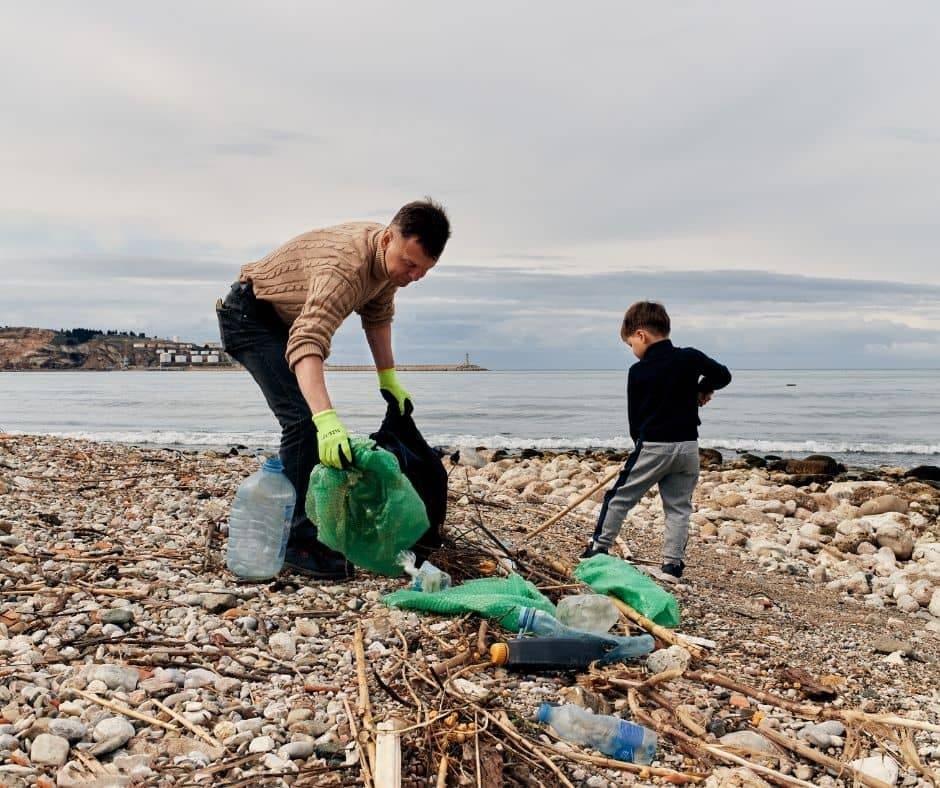

Always follow designated trails. Do not disturb animals, plants or their natural habitats and avoid activities that exploit animals for entertainment or that disrupt natural habitats.
Use environmentally friendly methods of transportation such as public transportation, bicycle or electric bicycle, walking, carpooling, etc.
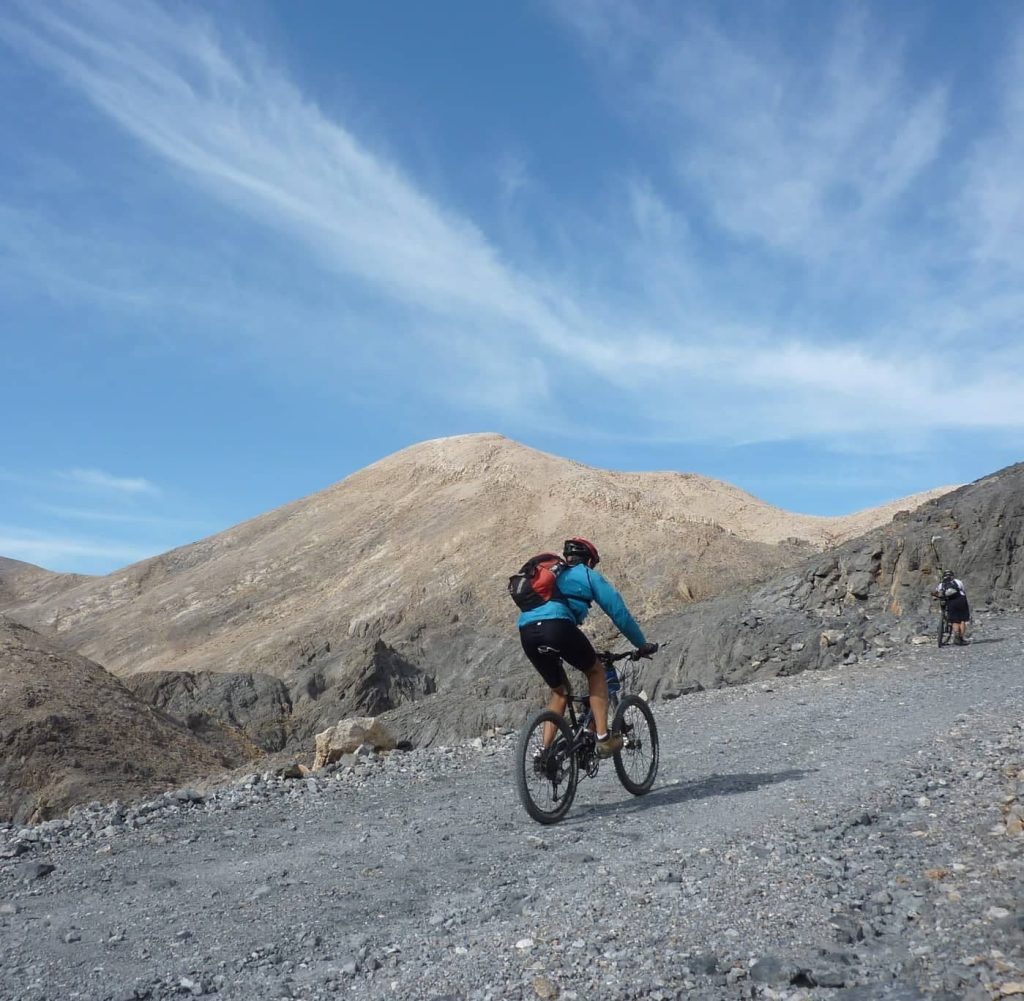

Prefer hotels, restaurants, local products, travel agents, suppliers and other entrepreneurs that apply sustainable management methods and practices, respect the environment and support the local community.
Ask permission before photographing people, as well as in closed spaces such as museums, exhibitions, sacred sites etc. Leave the moment, don’t capture it!
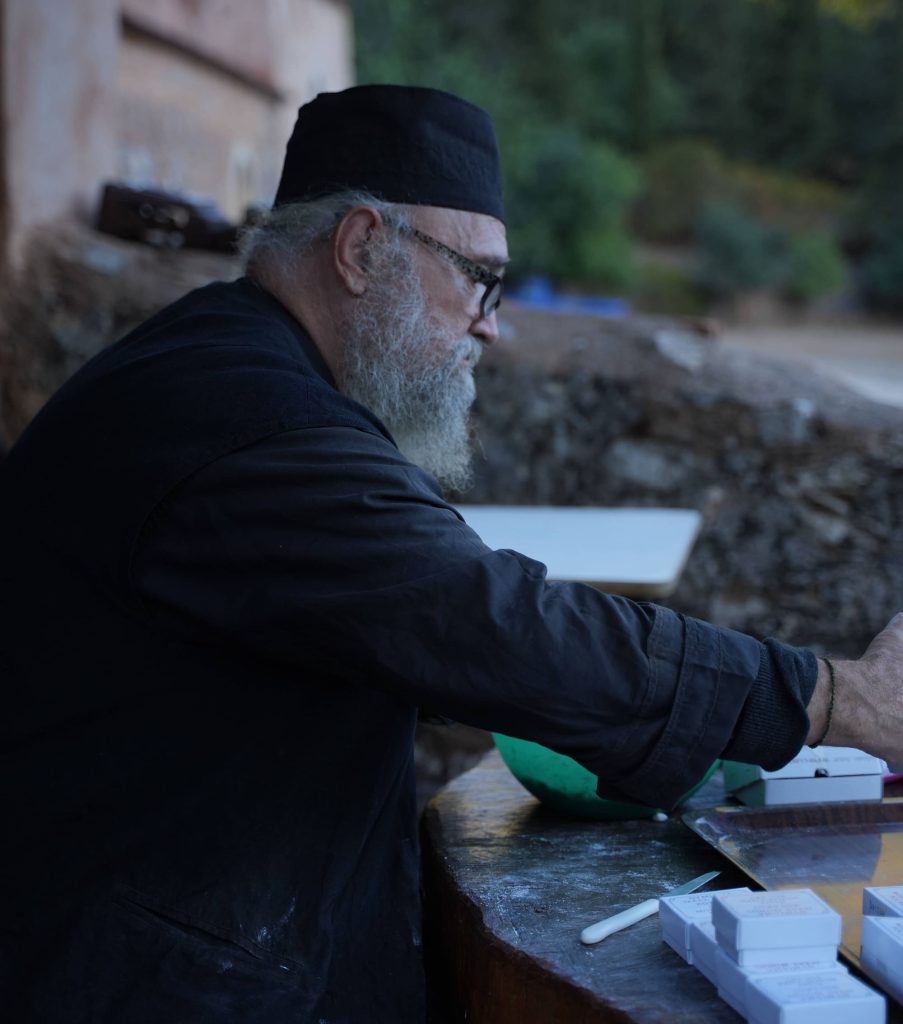
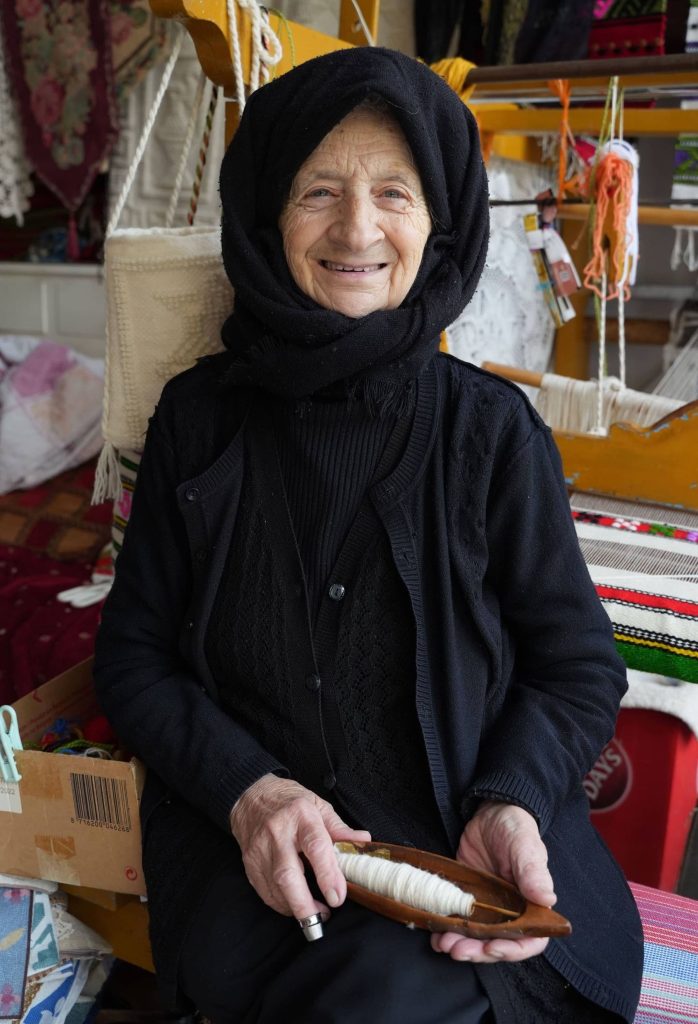
Show respect to the people you will interact with, the people who will serve you, people of different genders, colors, nationalities, etc.
Volunteer with local NGOs and community groups and gain a better understanding of the daily problems that the community you are visiting may face.
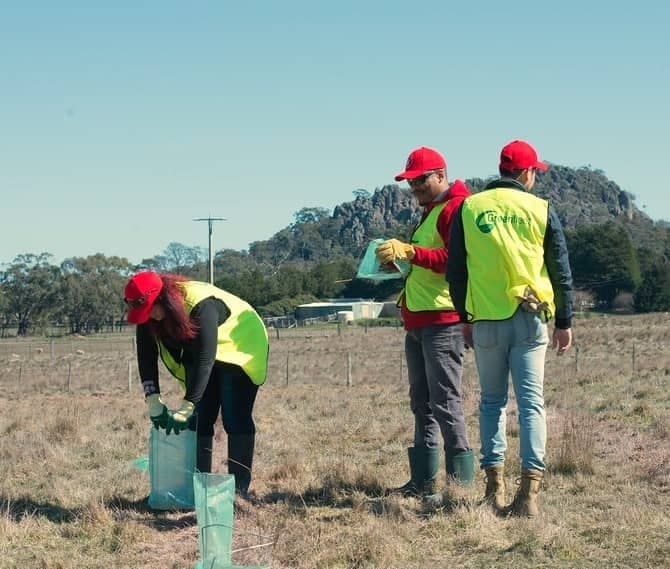
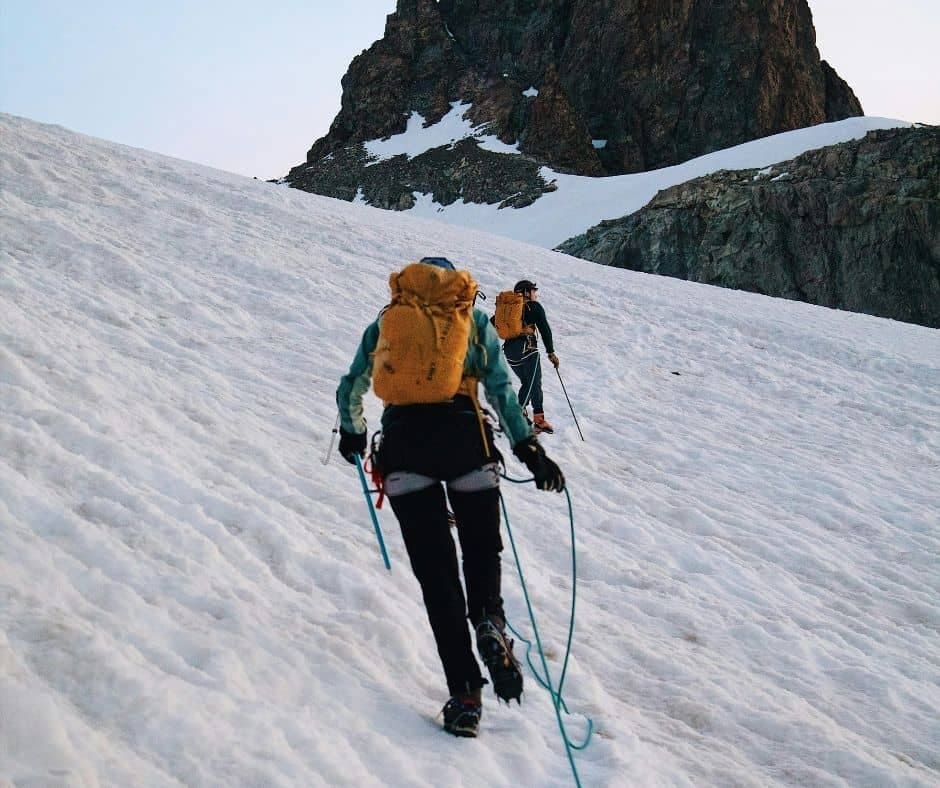
Consider traveling to an off-season destination. This contributes to a balanced flow of tourists and therefore reduces the negative effects of overtourism in a place, while adding benefits to local economies all year round.
For the Rural Greece accessibility is fundamental to enhancing an inclusive tourism experience. Following the principles of inclusion and equality, the epaithros Rural Tourism Network and its member businesses are constantly working to enhance the tourism services provided, ensuring that all visitors have the opportunity to experience the authentic beauty of the Greek countryside.
Sustainability in tourism refers to a way of developing tourism that respects and protects the environment while strengthening the local economy and preserving cultural traditions. The aim of sustainable tourism is to provide unique and authentic experiences for visitors without harming the natural and social environment, while ensuring that local communities benefit from tourism activity.
This type of tourism is based on three pillars:
With sustainable tourism, visitors can have authentic experiences, knowing that the impact of tourism on the region is positive and lasting for future generations.
For Rural Greece, localism is one of the most important factors for the development of sustainable tourism, as it promotes a strong link between the tourism product and the local society, economy and culture. Through localism, visitors get the opportunity to explore authentic elements of the destination, such as local products, traditions and culture. This not only boosts the local economy, but also helps to sustain and strengthen local businesses, creating new jobs and supporting the development of local communities.
Furthermore, localism contributes to the sustainability of the tourism sector, as it reduces the use of resources from other regions and encourages the use of local goods and services, reducing the ecological footprint of tourism activities. Thus, integrating localism into tourism practices enhances sustainability awareness, both among visitors and local businesses, creating a more responsible and sustainable tourism destination.